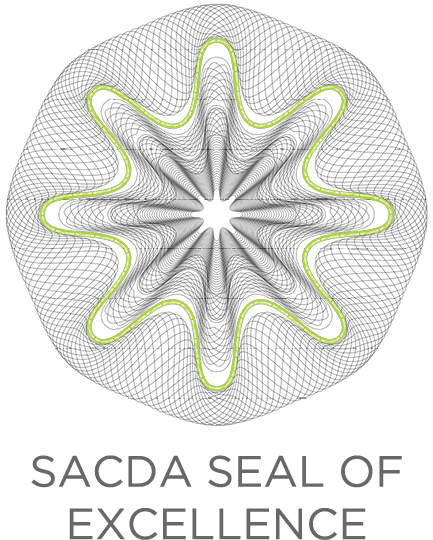Original Research
Shifting professional and personal identities of the cisgender scholar doing LGBT research
Submitted: 25 April 2023 | Published: 23 February 2024
About the author(s)
Anthony Brown, Department of Educational Psychology, Faculty of Education, Stellenbosch University, Stellenbosch, South AfricaAbstract
Background: Scholars researching the issues of lesbian, gay, bisexual, transgender and other sexual and gender minorities (LGBT) are being denounced as performers of ‘dirty’ work and promotors of ‘immorality’. Such scholars face obstacles in the workplace, such as difficulties in obtaining ethical approval, scarcity of funding, bullying, denial of promotion and unacknowledged scholarship, among other struggles.
Objectives: This article intends to highlight the unintended, unanticipated and often overlooked impact that certain LGBT research interests have on the professional and personal identities of the scholar.
Method: This exploratory qualitative study uses a reflexive dialogical single case study approach to understand how Katlego (a pseudonym), a cisgender heterosexual researcher, is affected by his interest in LGBT studies. Continuous supervision notes that enable thoughtful reflexive practice in qualitative research shaped the basis of this article.
Results: This article shows how Katlego’s LGBT research interest resulted in him being policed, his professional intentions questioned, his bodily expression scrutinised and personal conflict being blamed on his allegedly ‘disgraceful’ research interest. Furthermore, it demonstrates how the conflation of Katlego’s interest in LGBT research with pervasive negative assumptions of non-heteronormative sexual orientations, gender identities and expressions has resulted in a shift in his professional and personal identities.
Conclusion: This article calls for awareness of the issues faced by all researchers interested in LGBT research and support strategies for navigating the professional identity, workplace environment and social ecologies within a frowned-upon research field. Failure to do so could compromise their career trajectory, well-being and safety in compulsory heterosexual environments.
Contribution: This article illustrated how gender regimes position the researcher as an active creator of knowledge; therefore, the research process experiences can neither be made invisible nor neutralised. Researchers must overtly consider and prepare for situational and unanticipated ethical issues.
Keywords
Metrics
Total abstract views: 966Total article views: 690
